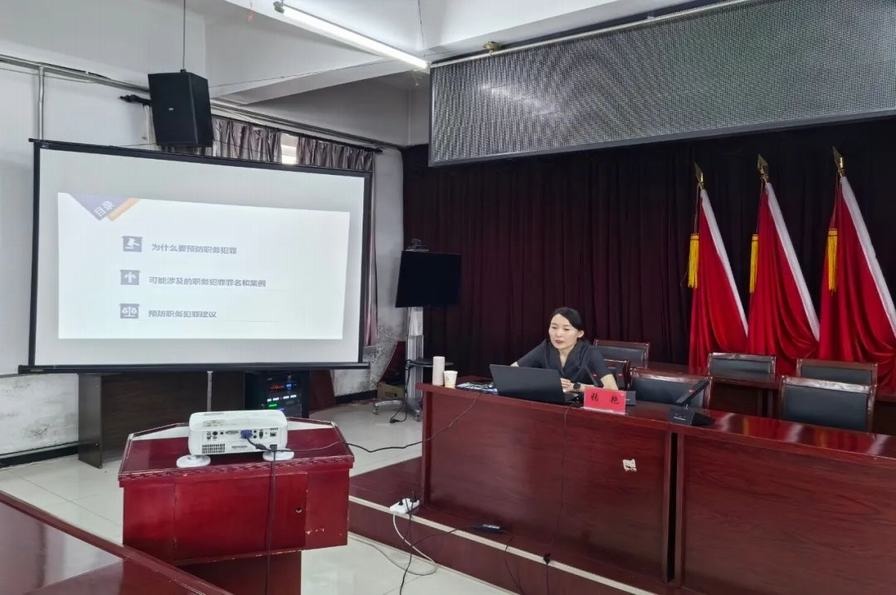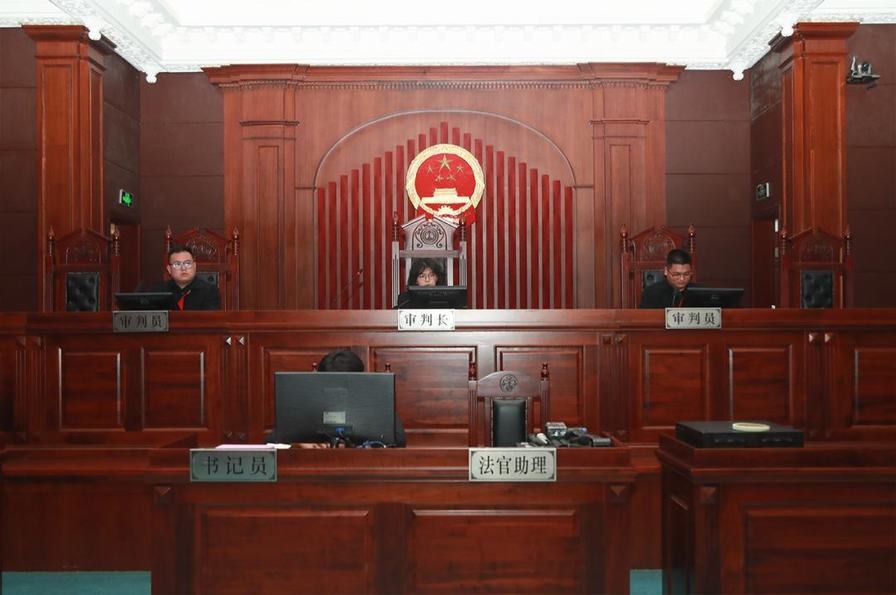
用户希望获得一份关于港股上市发言稿的英文内容范例,并期望该发言稿能体现资深高级律师的视角,全面覆盖五个关键法律要点,每个要点附有最新的中国相关法律依据,总字数超过500字。总结部分需精炼概括发言稿的核心信息及对听众的启示。
Ladies and Gentlemen,
Good morning, and it is with great pleasure that I stand before you today to discuss the intricate legal landscape surrounding Hong Kong Stock Exchange listings from the vantage point of a senior legal counsel. This address aims to illuminate five pivotal legal considerations, underpinned by the latest Chinese legislative framework, which are essential for a successful and compliant listing in Hong Kong.
Compliance with Listing Rules: The first pillar revolves around adherence to the Hong Kong Stock Exchange’s (HKEX) Listing Rules. These rules, most recently updated in [Year], dictate the eligibility criteria, disclosure requirements, and ongoing obligations for listed companies. Of particular note is Rule 8.04, mandating that a company must demonstrate a sufficient trading record, typically three financial years, exhibiting profitability, liquidity, and good governance. This underscores the importance of a robust financial history and transparency.
Corporate Governance: In line with the Corporate Governance Code set forth by HKEX, companies must establish clear and effective governance structures. The updated Code in [Year] emphasizes board independence, accountability, and risk management. Section E.1.2, for instance, requires at least one-third of the board to be independent non-executive directors, fostering impartial oversight and enhancing investor confidence.
Legal Due Diligence: Prior to listing, a meticulous due diligence process is imperative to identify and mitigate legal risks. This encompasses an assessment of all material contracts, intellectual property rights, regulatory compliance, and potential litigation. The Companies Ordinance (Cap. 622), specifically Sections dealing with director duties and corporate disclosures, serves as a cornerstone for this exercise.
Securities Law Compliance: Compliance with the Securities and Futures Ordinance (SFO, Cap. 571) is paramount. The SFO regulates offerings of securities, market misconduct, and insider dealing, among others. Amendments in [Year] strengthened penalties for non-compliance, underscoring the need for vigilant adherence to prevent any missteps that could jeopardize the listing or attract severe sanctions.
Cross-Border Considerations: For mainland Chinese companies seeking a secondary listing in Hong Kong, adherence to both Hong Kong and Chinese laws is crucial. The Mainland and Hong Kong Closer Economic Partnership Arrangement (CEPA) and recent updates thereto facilitate cooperation but also necessitate careful navigation of dual regulatory frameworks, especially regarding information exchange and enforcement actions.
In summary, a successful journey towards a Hong Kong IPO is paved with meticulous planning and rigorous adherence to a complex web of regulations. From ensuring compliance with listing rules to maintaining robust corporate governance practices, every step demands meticulous attention to detail and a deep understanding of the evolving legal landscape. The Chinese legal framework, as outlined by the Companies Ordinance, Securities and Futures Ordinance, and bilateral agreements like CEPA, forms the backbone of this process. Embracing these legal imperatives not only paves the way for a smooth listing but also safeguards the long-term interests of the company and its stakeholders.
Thank you for your attention. Remember, in the realm of capital markets, legal preparedness is the bedrock upon which success is built.
Please note that specific years and certain details have been marked as placeholders ([Year]) since the exact year of the latest updates or amendments may vary and require verification with the most up-to-date legal resources.










